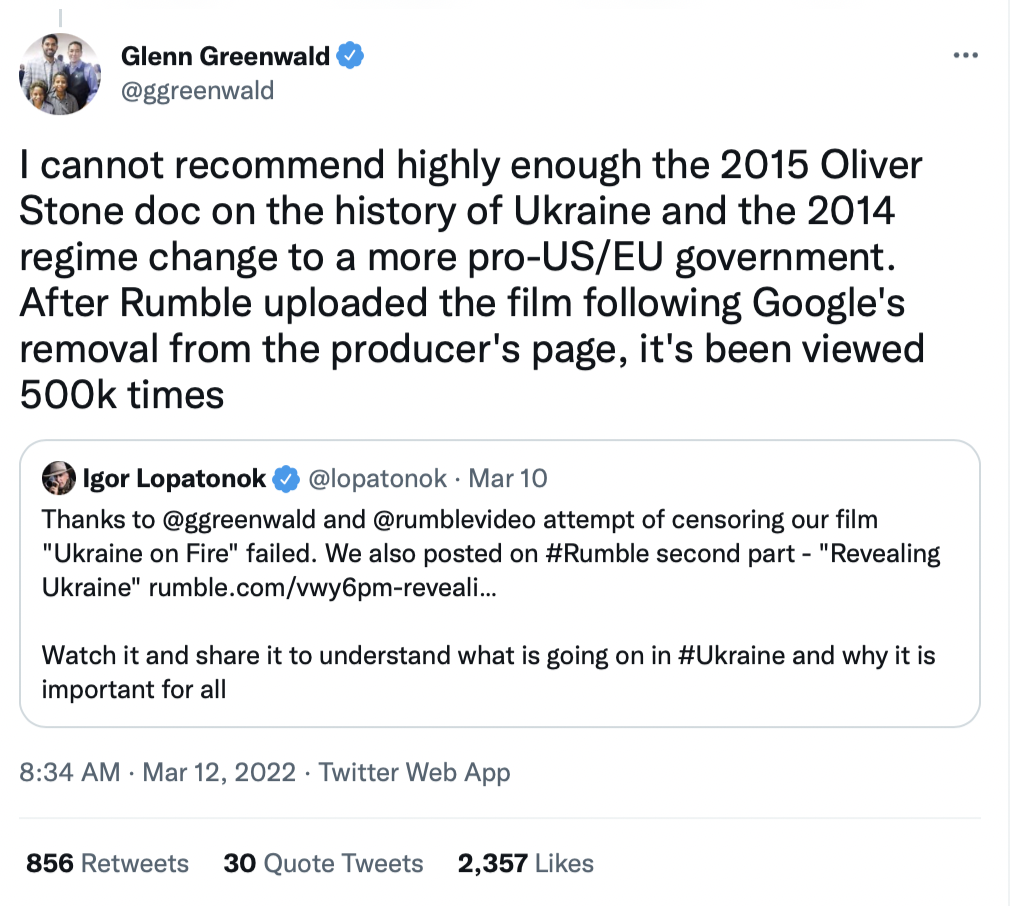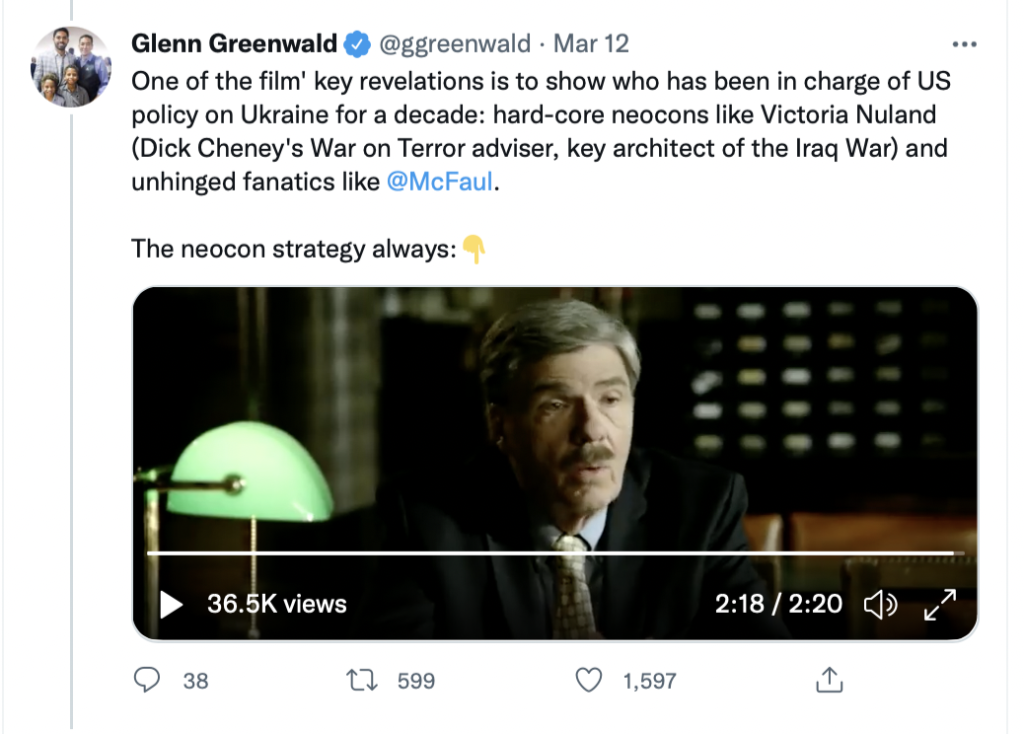Hey, Baby! And I do mean hypothetical baby, because I’m using the idea of a newborn infant as a foil so that I can subtly confess to readers that I spent a lot of time, energy experience untold frustration learning things that now seem like second nature. BTW, there’s nothing in life quite like asking obvious questions to shake things up. When I was young, I assumed I was slow and that everyone else knew things that I didn’t understand (like the word “meaning”). Now I know that most people shy away from the simple questions because their ”meaning” often runs deep. Words like “person” or “thing” or “good” or “unfair.” You will start using these effortlessly when you are 2 or 3 years old, but you’ll rue the day when someone comes up and asks you to “define” these words. And many other words.
This is my 18th Chapter. Doesn’t that sound pretentious for someone who it tapping away at night, sipping tap water and listening to the sweet jazz recordings of the recently-deceased piano player, Lyle Mays? If you are intrigued and not too disturbed by this growing series of what will be 100 articles, you can access all of them at this link. And if you someone else who might enjoy articles like this, please share them. As you might have noticed, I’m funding this entire operation myself. There are no ads on this website. I’m avoiding any risk that I would be financially influenced by advertising.
Let’s start with the word “define,” because I think that’s where things got off track with the word “meaning.” Academics might get really complicated about this, but what it has historically boiled down to is this: When you “define” a word, you are either pointing to it (where it is a thing you can point to) or your are describing that word in terms of other words. The second meaning is the predominant one and unfortunately, it leaked over into the way most people (and academics) understand the word “meaning.” Most people you ask will assume that when you ask for the “meaning” of a word, you are asking them to use other words to describe that word. If your eternal regress alarm bells are going off, good for you! Let’s look into it further.
What does it mean for a word to have meaning? This simple question affects almost everything we do, every day. Now here’s something mind-blowing: For the past 2,500 years (including up to the present) most of the people studying this question (“How is it that words have meaning?”) have analyzed meaning from their armchairs, content to assume and then preach it, that meaning is best studied by defining words in terms of other words, without considering the neurophysiology of the human biology. Long distinguished careers of many philosophers and linguists have come and gone without making the human body even a tiny part of their analysis of this question.
Philosopher Mark Johnson describes this failure:
The overwhelming tendency in mainstream analytic philosophy of language is to begin with concepts more-or-less well formed, and then to analyze their relations to one another in propositions and to objects of reference in the world. This leads one to overlook the bodily origins of those concepts and patterns of thought that constitute our understanding of, and reasoning about, our world . . . when I found myself immersed in linguistic philosophy as a graduate student in the 1970s, I did not even realize that I had been plunked down in a landscape that had been invaded by the body snatchers.
Johnson, Mark. Embodied Mind, Meaning, and Reason (2017).
You would think that overlooking of the human body while discussing meaning would be impossible, especially over the past few decades, during which dramatic new cognitive science findings are everyday occurrences. Isn’t it obvious that the oral and written words we use, the grunts and scribbles we produce, don’t have any inherent meaning? Isn’t it obvious that it is only when those grunts and scribbles interact with a human body that those grunts and scribbles trigger meaning? Apparently not. It hasn’t been obvious for thousands of years and it is still not obvious to many people. Why not?
Here’s my suspicion. Many of those who study language want to believe that each word has one “objective” meaning, the same meaning for every person who properly uses that word (if not, it’s the fault of the user, not the word). This biologically un-anchored belief in objective meaning guarantees that one can study word meaning without knowing anything interesting about human bodies and brains. It means that “professionals” can sit in their armchairs and draw trajectories from selected words to other words and declare that they are studying and establishing word meanings, as though a grunt means nothing more than another grunt or a scribble. QED!
Many academics studying meaning have ignored horn-blaring necessity that means must absolutely have something to do with human brains, which are situated in bodies, which are situated in social environments. To the extent that a linguist simply declares that meanings inhabit words much like souls supposedly inhabit bodies, without any reference to brains, bodies and societies, the whole enterprise is immensely simplified to such an extent that we don’t need laboratories, but only dictionaries to do our research. More specifically, in this cartoonish world, linguists don’t need to roll up their sleeves to study any neuroscience, and that makes everything a lot easier. That’s as absurd as claiming that in order to understand the human sense of taste, you only need to feed Cheez-its to people and then ask them what they think. “My dissertation proves that when you feed people Cheez-its, they sense a Cheez-ity taste on their tongues and it makes them reach for more. QED!”



